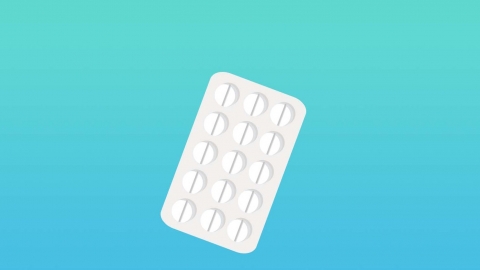Can I take Ornidazole tablets after tooth extraction?
Generally, whether metronidazole tablets can be taken after tooth extraction depends on the extent of trauma and risk of infection. If the tooth extraction involves minimal trauma and there is no tendency toward infection, taking metronidazole is usually unnecessary. However, if the extraction causes significant trauma, carries a risk of infection, or the doctor determines it necessary, then metronidazole should be taken. Detailed analysis is as follows:

If the extraction procedure is simple with minimal trauma—for example, removing a loose baby tooth or a single-rooted permanent tooth in normal position—and there is no obvious redness or swelling of the gums post-surgery, and the patient has good immunity and low infection risk, then metronidazole tablets are not required. In such cases, proper wound care to prevent infection is sufficient.
When the extraction involves greater trauma—such as removal of impacted wisdom teeth or multi-rooted teeth—or when the patient has underlying conditions like diabetes that may increase infection risk, doctors often recommend taking metronidazole tablets to prevent infection. The medication should be taken strictly as prescribed, following the recommended dosage and duration; patients should avoid adjusting the dose or stopping the medication on their own.
To promote healing of the extraction site and reduce infection risk, maintain good oral hygiene after surgery. Avoid brushing teeth or rinsing the mouth within the first 24 hours, and do not lick or suck at the wound with the tongue. Choose lukewarm, soft, and finely textured foods, and avoid hot, hard, spicy, or irritating foods.




